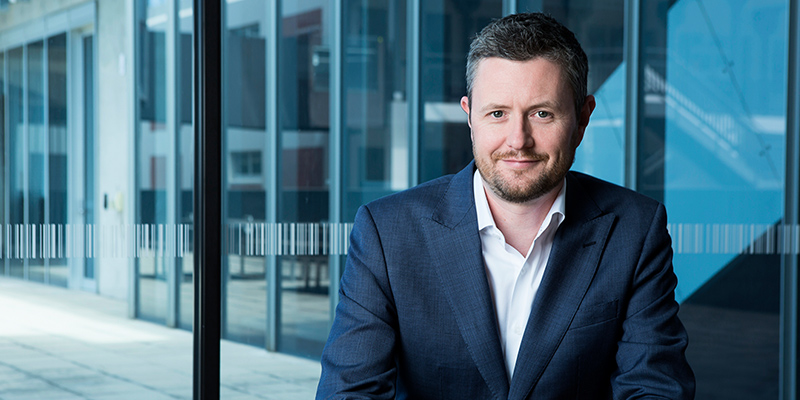From the Vice Chancellor: Balancing rights and responsibilities
 INSIDE UNISA
INSIDE UNISAAnyone who has ever wandered through any Australian CBD is likely familiar with a certain type of character, frequently resplendent in a custom-fitted sandwich-board emblazoned with all manner of interesting claims like “Viruses aren’t real”.
Now, while the first thought most of us probably have is, “Gee, they’re wrong,” (because, after all, computer viruses are definitely real, if nothing else … ), I suspect that, deep down, most of us are also grateful that we live in a country where a person’s right to make such statements is protected. After all, it takes all sorts …
While we would absolutely be warranted in worrying about the trickledown consequences the anti-vax movement’s preposterous claims could have on some susceptible but generally good-willed individuals, knowing that the sensible counter argument has equal right to public airing, very few of us would think such sandwich-board-clad characters should be bundled off in a paddy wagon – or mysteriously vanish in the middle of the night.
In Australia, we value freedom of speech, the right to debate and difference of opinion.
Of course, that position has its limits. For instance, last week, an individual named Jacob Hersant became the first person found guilty of breaking a Victorian law that bans performing the Nazi salute in public. Hersant argued the law was a restriction of his freedoms. The court, quite rightly, disagreed.
This is an important decision – reflecting that the rights we enjoy in society come with responsibilities and one that comes – largely coincidentally – amidst a time of related tensions, complexities and sadness.
Unimaginable horror and escalating conflict in the Middle East have brought great destruction and distress to many, while leaders all over the world, on all sides of politics, have struggled to find the strength of character, action, or clarity of thought required to contain the conflagration.
Meanwhile, war in Ukraine marches towards its thousandth day, a conflict that resulted in more than 1200 casualties per day last month and yet, in the everyday noise of modern society, has somehow fallen from the frontpages of our news outlets. Elsewhere, conflicts continue to fester in Maghreb, Myanmar, Ethiopia and Sudan, again, largely unreported by Western media.
In parallel, European nations including Austria, Hungary, Slovakia and Italy have embraced what can only be termed far right leadership, while repugnant terms like “remigration” have become part of the mainstream political lexicon across the EU.
And in Australia, well, it seems we can’t move beyond the politicisation of just about everything – climate, conflict, reconciliation, even higher education – an atrophying tradition that stifles both well-intentioned public debate and any meaningful progress.
Despite that, I take pride from how colleagues at UniSA constructively engage on difficult global tensions, or on inequalities closer to home, not least those faced by our First Nations Peoples. Our institution is home to measured, good, wise people who can speak with compassion, respect and reason on a range of emotive and confronting issues.
That’s one of the main reasons universities exist. We hold a space for reason and evidence, which enables informed articulation of perspective against injustice, hate and bigotry. We encourage respectful debate – and call out inequality. We don’t necessarily take sides in conflict, but we do hold space for exploring meaningful difference. And we teach our students to do the same – to embrace diversity, champion equality and foster opportunity for all.
It’s probably a little cheap to say I believe the new university we are creating in South Australia will give us a greater opportunity to do that – that’s not really my point here. But I do hope that, as a university community, we can continue to speak with compassion, respect and reason about the things that might make the world a better place.
Professor David Lloyd
Vice Chancellor and President
Other Stories
- New lunar distress system could safeguard future astronauts
- When a child hurts, validating their pain may be the best first aid
- Is chocolate milk a good recovery drink after a workout? A dietitian reviews the evidence
- When First Nations students exchange culture with First Nations peoples abroad: ‘Life-changing’
- From the Vice Chancellor: Balancing rights and responsibilities
- Achievements and Announcements
- Ageing fabulously: 3MT on a winner for the LGBTI+ older community
- UniSA international students win prized internships with Adelaide Football Club
- In Pictures: September graduation ceremonies
- The latest books from UniSA researchers




